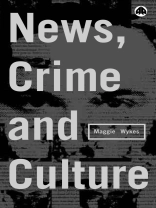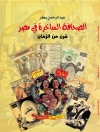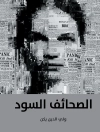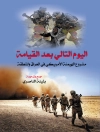Crime is always newsworthy. But is crime reporting as value-free and objective as we would like to think? Is crime reporting concerned exclusively with issues of good and evil, justice and the law? Or is it part of a broader and much more specific ideology, underpinned by an essentially conservative agenda?
The link between news reports of crime or disorder and public perception becomes increasingly clear, as public reaction to the murder of Sarah Payne and the fuel crisis has shown. News, Crime and Culture explores these links, assessing the relation between culture, criminality and social control, and in particular the ways in which news reports reinforce particular responses to race, poverty, class and gender.
Maggie Wykes uncovers these links through a variety of high-profile events featured in the news, spanning the last twenty years of the twentieth century. She examines such issues as child abuse, football hooliganism, homelessness, youth culture, inner-city crime, prostitution, pornography, homosexuality, and domestic violence. Using case studies and a range of methodological analyses, Wykes turns the business of crime reporting inside out, revealing the hidden agendas that not only report but shape our view of the world in often insidious ways.
विषयसूची
Introduction
1. Criminological crises
2. Disorderly publics: race in the inner cities
3. Public order: criminal
4. High jinx: youth, crime and community
5. Beggars not choosers….
6. Journalism, justice, gender and violence
7. Straightening out Sex
8. News cultures
Bibliography
Index
लेखक के बारे में
Maggie Wykes lectures in the Department of Journalism at the University of Sheffield, She has written widely on aspects of media reporting, with a particular emphasis on gender.












